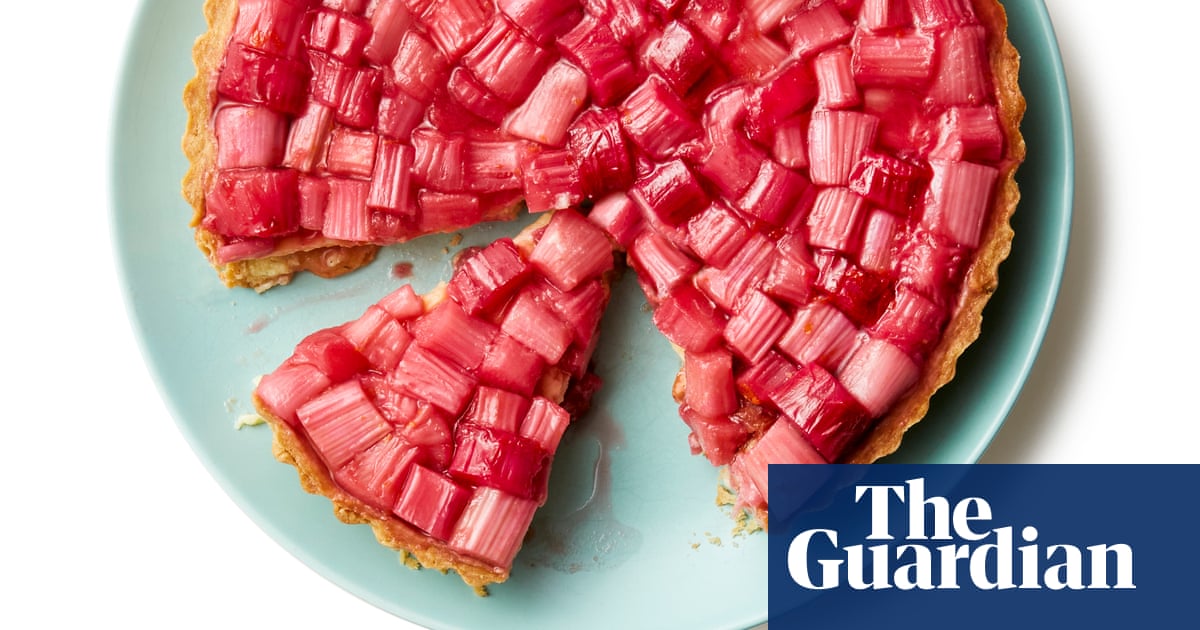
Brexit, by definition, was always going to be disruptive. And the harder the Brexit, the greater the disruption.
Leaving a customs union and a single market, even if you subsequently secure a free trade agreement, means the reintroduction of customs formalities, regulatory checks and other non-tariff barriers. And if you agree with the European Union that part of the state will de facto remain in the EU’s customs territory and its internal market for goods, those frictions will be within the UK.
And so it is with the protocol, Northern Ireland and the disruption to the movement of goods from Great Britain across the Irish Sea since 1 January this year. And with the end of grace periods looming – at the end of June and from the beginning of October – more disruption can be expected.
That there would be new customs formalities, regulatory checks and controls at Northern Ireland’s ports was known from the minute the protocol was agreed. It was a direct consequence of the choice to pursue a hard Brexit.
Negotiations during 2020 on the trade and cooperation agreement could have reduced some of the frictions, but the UK government’s insistence on a hard Brexit meant that it made no evident effort to agree arrangements that would remove the need for any of the protocol’s provisions.
The additional rules, restrictions and bureaucracy with which businesses have had to contend when moving goods into Northern Ireland from the rest of the UK are the result. Consumers have been affected with disrupted supplies, and some products no longer being available. And there are the new rules for bringing pets (back) into Northern Ireland across the Irish Sea. Businesses are adapting. They generally do. But they are being squeezed.
That many unionists feel betrayed by and do not trust the UK government is understandable. Boris Johnson has been economical with the truth over what his government’s chosen form of Brexit entails for Northern Ireland.
Calls for the Northern Ireland protocol to be “scrapped” are unlikely to be heeded, and there is acceptance within sections of unionism, often begrudging, that neither the UK nor the EU intends to abandon it. Also, just as the protocol has its opponents – some taking to the streets to voice their opposition, some resorting to violent protest – so too does it have its supporters.
No politician elected in Northern Ireland voted in favour of the terms of the UK’s withdrawal from the EU. But a majority accept the protocol and are keen to see it work, regarding it as the “least worst” option for managing Brexit. It avoids a physical hardening of the border on the island of Ireland, and retains access to the EU’s single market for goods for businesses based in Northern Ireland.
Talks between the UK and EU on removing or at least reducing the frictions between Northern Ireland and Great Britain continue. The UK has shared various proposals with the European Commission, which in turn has published examples of possible flexibilities on sanitary and phytosanitary (SPS) rules, VAT and tariff rate quotas. It has also signalled that it is ready to amend EU law to address the supply of medicines issue. Movement on pets seems likely too.
This should be encouraging. The protocol has processes for addressing issues and these are being used, even if last week’s UK-EU joint committee meeting failed to announce any decisions.
However, with the UK government dragging its heels on meeting its obligations under the protocol, contesting what these entail and threatening unilaterally to extend grace periods – the current focus being restrictions for chilled meats – the EU remains a long way from being convinced that the UK is seriously going to deliver on effective implementation.
Over the last few months, there has been a more positive mood around discussions at the level of officials. The political mood has once again become fraught, however, with the EU setting out the various measures it could possibly take in response to the UK not implementing what has been agreed in the protocol. Rather than soothe things, last weekend’s G7 summit in Cornwall has only aggravated tensions.
This does not help Northern Ireland, where the effects of the protocol are obviously felt most, where political stability and economic certainty are often in short supply, and where the protocol promises to remain contested.
There will be further protests against the protocol. And within the next 12 months there will be an election for the Northern Ireland assembly, where the protocol is certain to be an issue. It will, after all, be this next cohort of MLAs that will have the opportunity to decide in 2024 whether to give their consent to the continued application of the protocol’s provisions on the movement of goods.
The UK and the EU need to show that they can deliver for Northern Ireland. This means agreeing arrangements that reflect both sides’ avowed commitment to pragmatism and their shared objective of addressing, as per the protocol, the “unique circumstances on the island of Ireland”.
David Phinnemore is professor of European politics at Queen’s University Belfast












